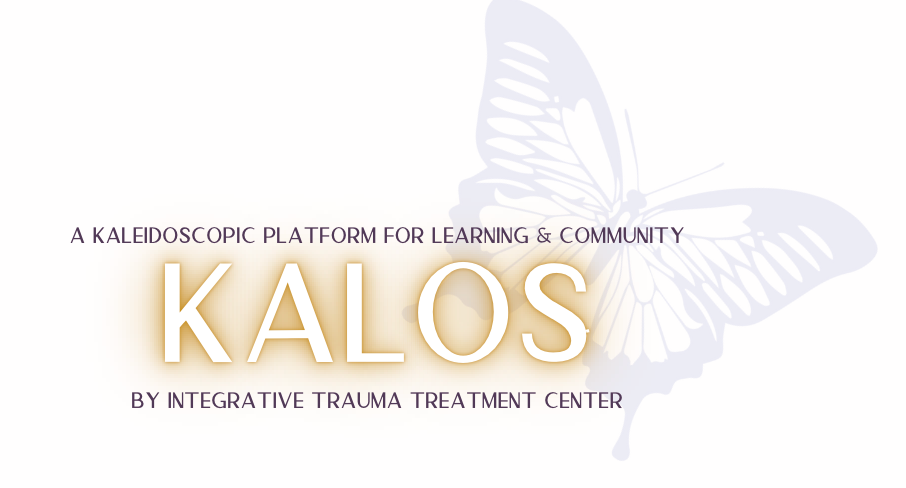The Treatment of PTSD in Older Adults
Considering that 90% of older adults have experienced at least one traumatic event, having strategies to help these older adults is imperative.
About This Course
PTSD in late life can stem from trauma experienced earlier in life or result from new traumatic events occurring in old age. This course takes a trauma-informed approach to PTSD treatment in older adults, providing insights into working with trauma and offering practical tools and interventions. Through case studies and discussions, participants will deepen their understanding of PTSD treatment principles and assess their own professional quality of life in the context of trauma stewardship.
Key Learning Objectives:
-
Trauma-Informed Care Principles: Define trauma-informed care principles and explore their application to PTSD treatment in older adults. Learn how to create a safe and supportive environment that promotes healing and resilience.
-
Considerations in Working with Trauma in Older Adults: Identify unique considerations and challenges in working with trauma in older adults, including age-related factors, comorbidities, and cultural considerations.
-
Psychoeducation and Treatment Orientation: Explore methods of providing psychoeducation to older adults with PTSD and orienting them to the treatment process. Learn effective communication strategies and therapeutic techniques to support clients in their recovery journey.
-
Treatment Tools: Discover evidence-based treatment tools, including Written Exposure Therapy (WOT), Narrative Exposure Therapy (NET), and Cognitive Behavioral Therapy (CBT), and learn how to integrate them into your practice to effectively address PTSD symptoms in older adults.
-
Assessing Trauma Stewardship and Professional Quality of Life: Assess your own trauma stewardship and professional quality of life, and develop strategies for self-care and resilience to prevent burnout and compassion fatigue.
Course admission requirements:
Minimum of a Master's Degree in a mental health or related field; or be a student in social work, psychology, counseling, or a related field. In Low- and Middle-Income Countries, a minimum of a Bachelor's degree in social work, psychology, counseling, or a related field is required.
Enroll in Just this Course
MEET THE PRESENTER
DIANE BIGLER, LCSW, LSCSW
Diane is a Licensed Clinical Social Worker in Missouri and Kansas. She has over 20 years of experience in the fields of psychology, social work and mental health. Diane was an Adjunct Professor of Social Work at The University of Kansas, School of Social Welfare, for over 10 years. She obtained her master's degree in Social Work from KU in 2006, with clinical concentrations in Children & Families and Mental Health. Diane taught classes in the Clinical Master's program, which included: Clinical Social Work Practice, Loss and Grief, Cognitive Behavior Therapy, Family Therapy, Advanced Standing Practice, and Mental Health & Psychopathology. Diane was also a practicum Field Instructor, Field Liaison and Community Education trainer for the School of Social Welfare. Diane has facilitated hundreds of trainings to mental health professionals, physicians and nurses, teachers, police officers, business personnel, and local City Council members. Diane enjoys the creativity that comes with envisioning and designing trainings, and aims to provide trainings that are informative, engaging and skill-building. She has customized and facilitated leadership and corporate trainings to EAP clients on wellness and business topics.

Continuing Education (CE) hours
2 NBCC CE hours are available for licensed mental health providers. Please check with your licensing board to confirm that NBCC CE hours are accepted.
Integrative Trauma Treatment Center (ITTC) has been approved by NBCC as an Approved Continuing Education Provider, ACEP No. 6912. Programs that do not qualify for NBCC credit are clearly identified. Integrative Trauma Treatment Center (ITTC) is solely responsible for all aspects of the programs.
Course Materials
- Prerecorded Video (Treatment of PTSD in Older Adults, 2:00:50)
- Presentation
- 11 worksheets + Exercises to enhance your work with clients
- Quiz
- Presentation Feedback Survey
- Certificate of Completion*
*A passed quiz of at least 80% and a completed feedback survey required for certificate.

Become a Member!
A monthly subscription to ITTC’s Professional Learning Community, KALOS Includes:
- Unlimited Access to asynchronous courses and workshops with more being added all the time.
- Access to the Learning Community where you can connect with colleagues worldwide.
- Discounts on our live events like trainings, webinars, retreats, and the ITTC Trauma Summit.
All courses offer continuing education credits unless otherwise indicated.
Join KALOS
